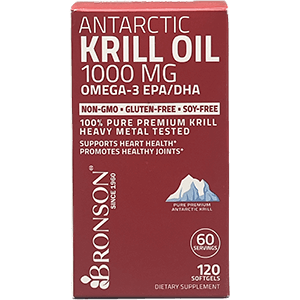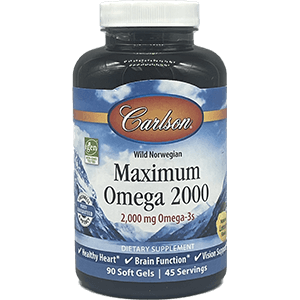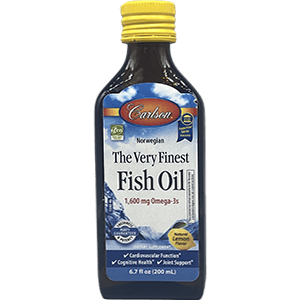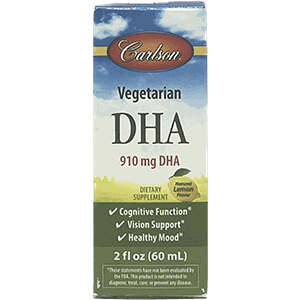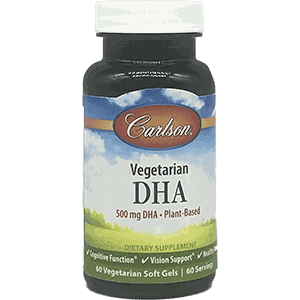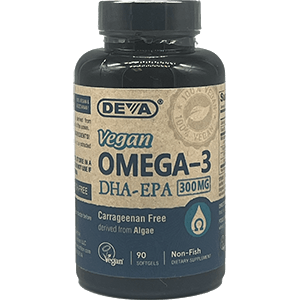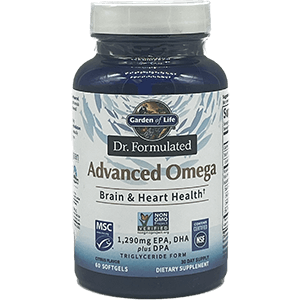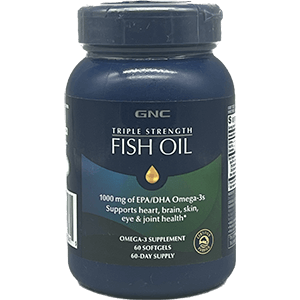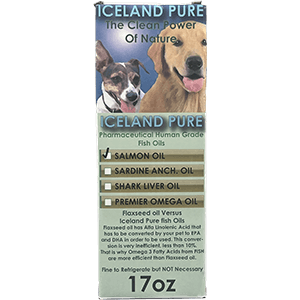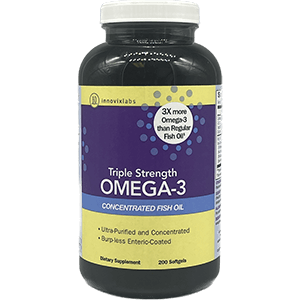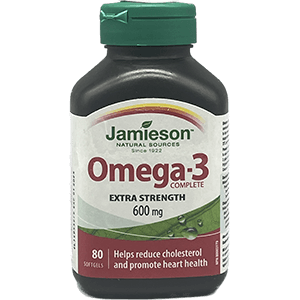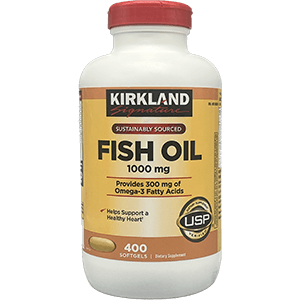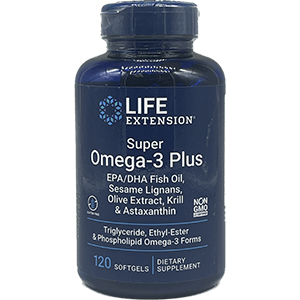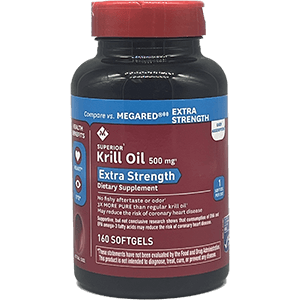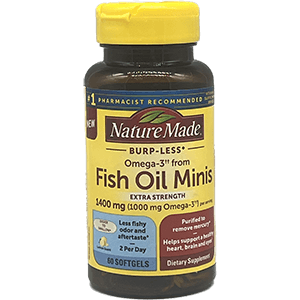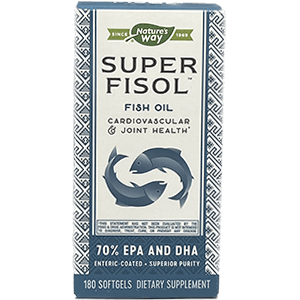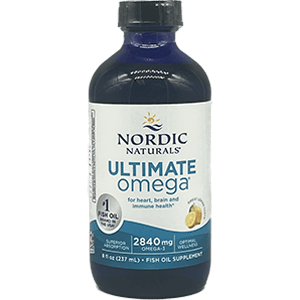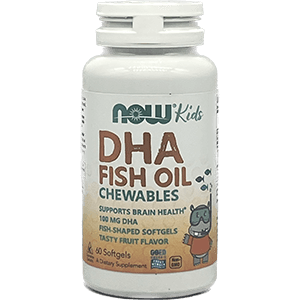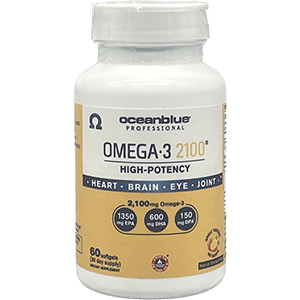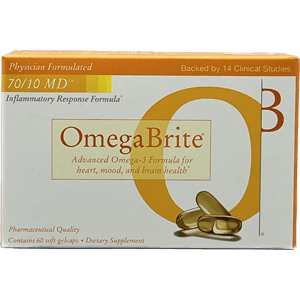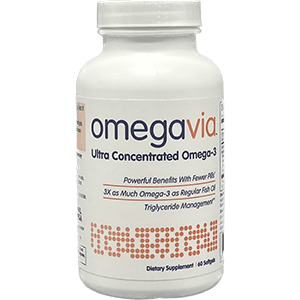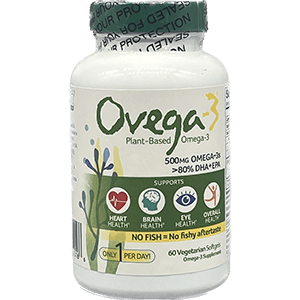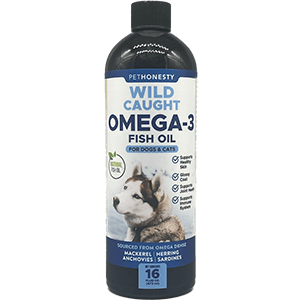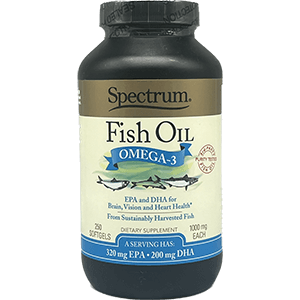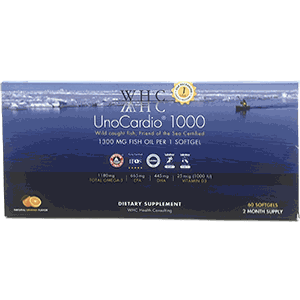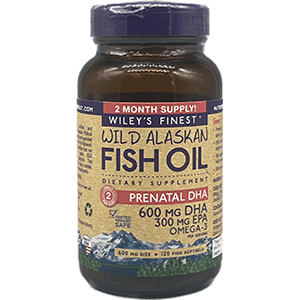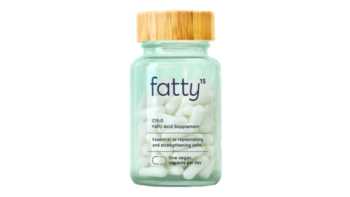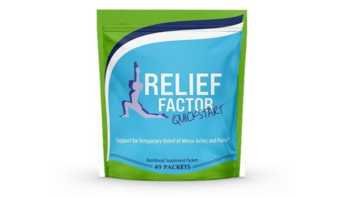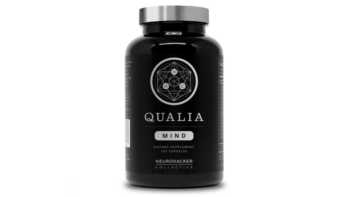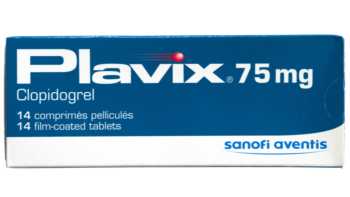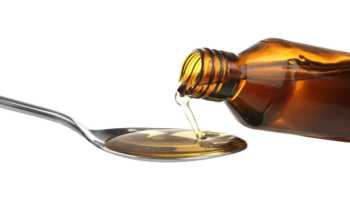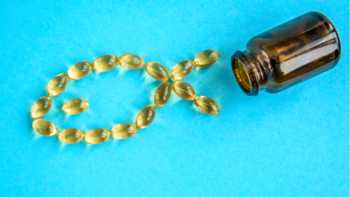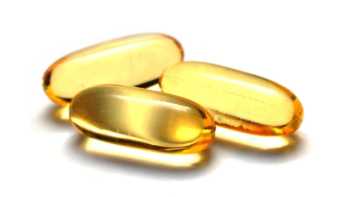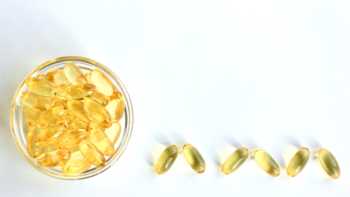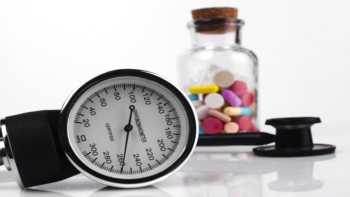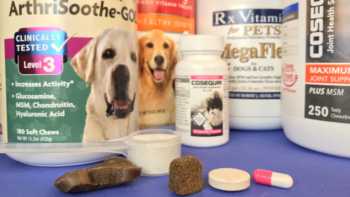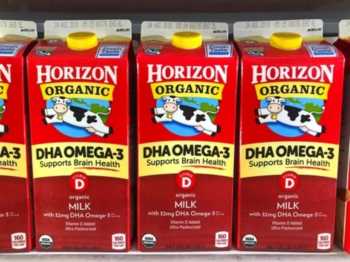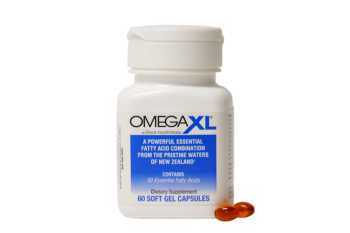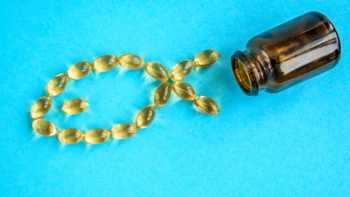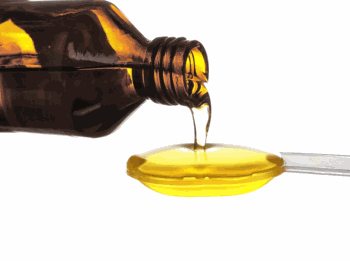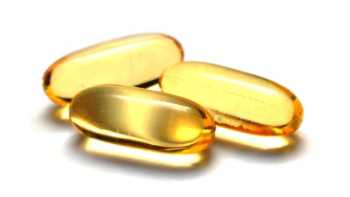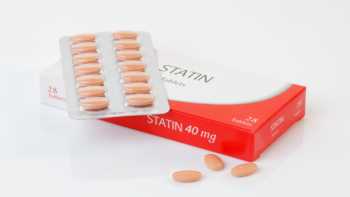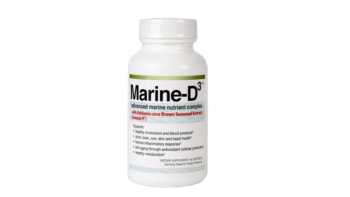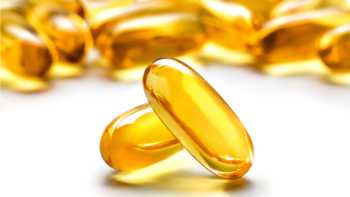Summary
-
What are the benefits of fish oil?
Taking a supplement with EPA and DHA from fish oil (or another marine source, such as krill oil or algae) offers a wide range of potential benefits for mental health, treating inflammatory disease, maintaining muscle, and even cancer prevention (see What It Does). In people with high triglyceride levels (which contributes to high cholesterol), high-dose, high-concentration fish oil, such as from prescription fish oils, may lower triglycerides.
However, eating fish at least twice each week may do you more good than taking a fish oil supplement for other types of cardiovascular benefit, for cognitive and memory benefits, or for reducing the risk of age-related macular degeneration (AMD) or of Alzheimer's disease (If you do eat fish, be aware that some types can be high in mercury -- see Getting EPA and DHA from Food and our Tuna, Salmon, Sardines & Herring Review).
There is less evidence to support the use of other fatty acids in fish oil, such as DPA (docosapentaenoic acid) and omega-7 fatty acids (such as palmitoleic acid). -
Which fish, krill, and algal oils are the best?
Choose a supplement listed as Approved by ConsumerLab.com in the Results table, because some products may be rancid (including three products in this Review), contaminated, or fail to containtheir listed amounts of omega-3 fatty acids. Compare prices to save money (see comparison graph and 5th column of the Results table). To save time, see our Top Picks, - these are Approved products that offer exceptional value compared to other products in their categories, including fishoils in softgels, enteric-coated capsules, bottled liquids, as a prenatal supplement, for children, and for pets, as well as our Top Picks for krill oil and vegetarian algal oil (from algae). We also have Top Picks for getting DPA (the "other omega-3") and omega-7 fatty acids. You'll see that you can get high-quality supplements for just pennies a day. Be mindful of any added ingredients (see the last column of the Results table), like vitamins, so you don't unintentionally exceed tolerable intake limits for these.
-
How much fish oil should you take?
Different amounts of EPA and DHA have been used for different purposes. A general daily dose is about 300 to 500 mg of EPA and DHA, while some treatments (such as for high triglycerides) involve doses as high as 4,000 mg per day (see What to Consider When Using - Dosage). Focus on the amounts of EPA and DHA in a product rather than the amount of total oil, since the concentration of EPA and DHA in oils ranges from about 33% to 85% and, for some uses, you may want more EPA or more DHA (see the comparison graph and second column of the Results table below for amounts of EPA and DHA and concentration levels, as well as amounts of "the other omega-3" DPA, and omega-7 fatty acids). (Be aware that fish oils highly concentrated for omega-3s tend to have low levels of omega-7s.) -
When is the best time to take fish oil?
Taking fish oil with a meal containing other fats may improve absorption. If you need a high daily dose, dividing the dose over the course of the day may reduce any unpleasant aftertaste and "fishy burps." Enteric-coated capsules can also reduce these effects but may possibly reduce absorption if the coating doesn't release the oil in a timely fashion (CL tests enteric-coated fish oil supplements to ensure they properly release their ingredients). -
What is the best form of fish oil?
Fish oil in supplements is generally first processed to purify it. This often involves modifying its chemical form. While all forms can help raise EPA and DHA levels and do so equally well if taken with a high-fat meal, if not taken with a high-fat meal the "re-esterified triglyceride" (or just "triglyceride") form may be the best absorbed, with up to 76% greater absorption than from the more common "ethyl ester" form (see ConsumerTips -- Forms of Fish Oil). You can check the form of each product in the 4th column of the Results table.
If you need a high dose, it may be more convenient to pick a product with a higher concentration (see the 4th column of the Results table) so that you can take fewer and/or smaller pills or other units. -
How should fish oil be stored?
Store fish oil out of heat and light and, once opened, refrigerate. Freezing is also okay. When ordering products online, be sure to buy during a time of year when the weather is cold or mild (see Keep It Fresh). -
Which fish oil supplements are most like prescription omega-3 drugs?
Some supplements have similarly high amounts and concentrations of EPA and DHA as found in prescription omega-3 drugs like Vascepa and Lovaza, but at lower cost than these brand-name medications. See how fish oil supplements compare to prescription omega-3 drugs. -
Is fish oil safe? What are fish oil's side effects?
Although generally safe, high amounts of EPA and DHA may suppress the immune system and increase the risk of abnormal heart rhythm (atrial fibrillation). It's best to limit daily intake of EPA and DHA from supplements to no more than 2 grams, unless medically indicated. Fish oil may also thin the blood and slightly lower blood pressure. See Concerns and Cautions for more information. As mentioned, take fish oil with food to reduce fishy burps, a common side effect.



